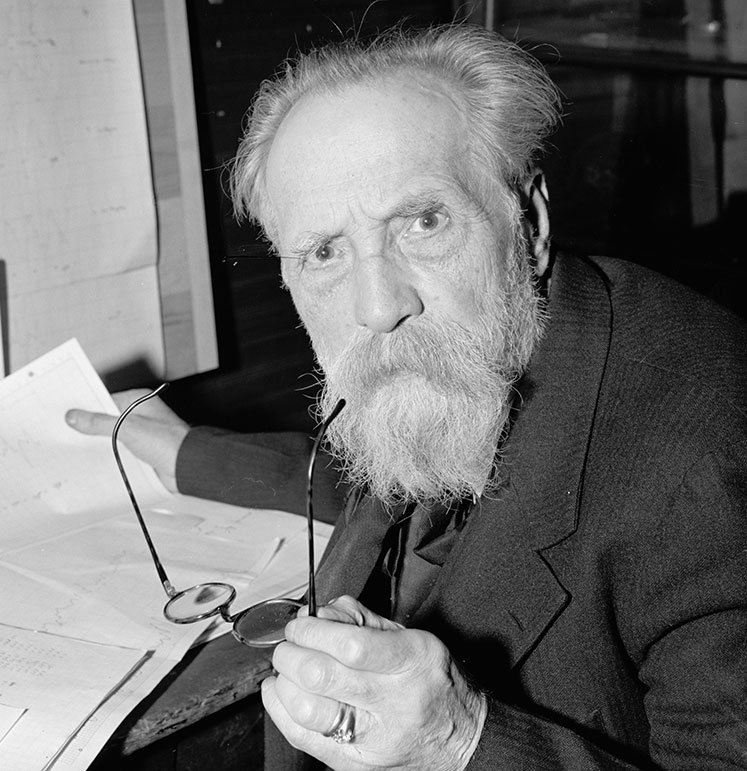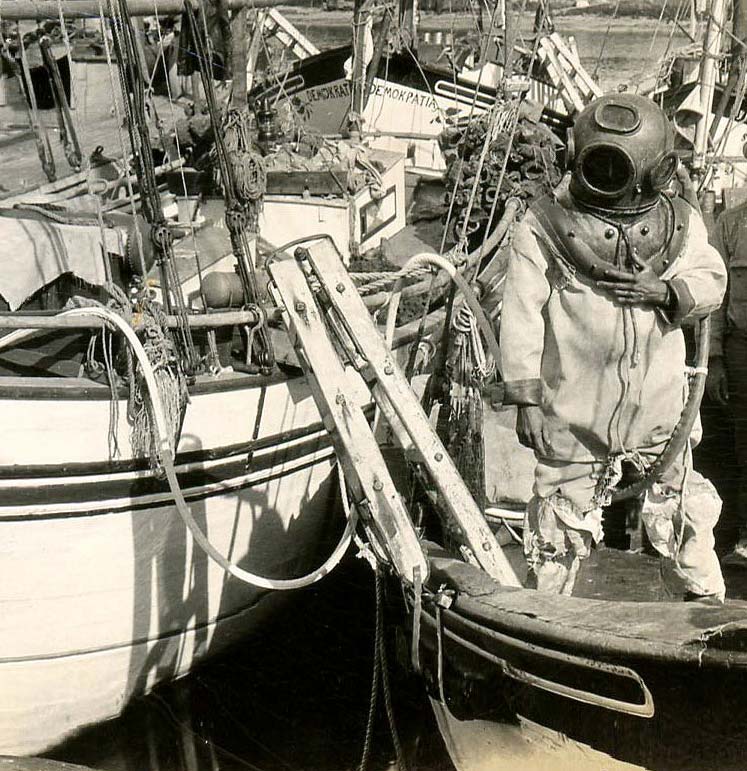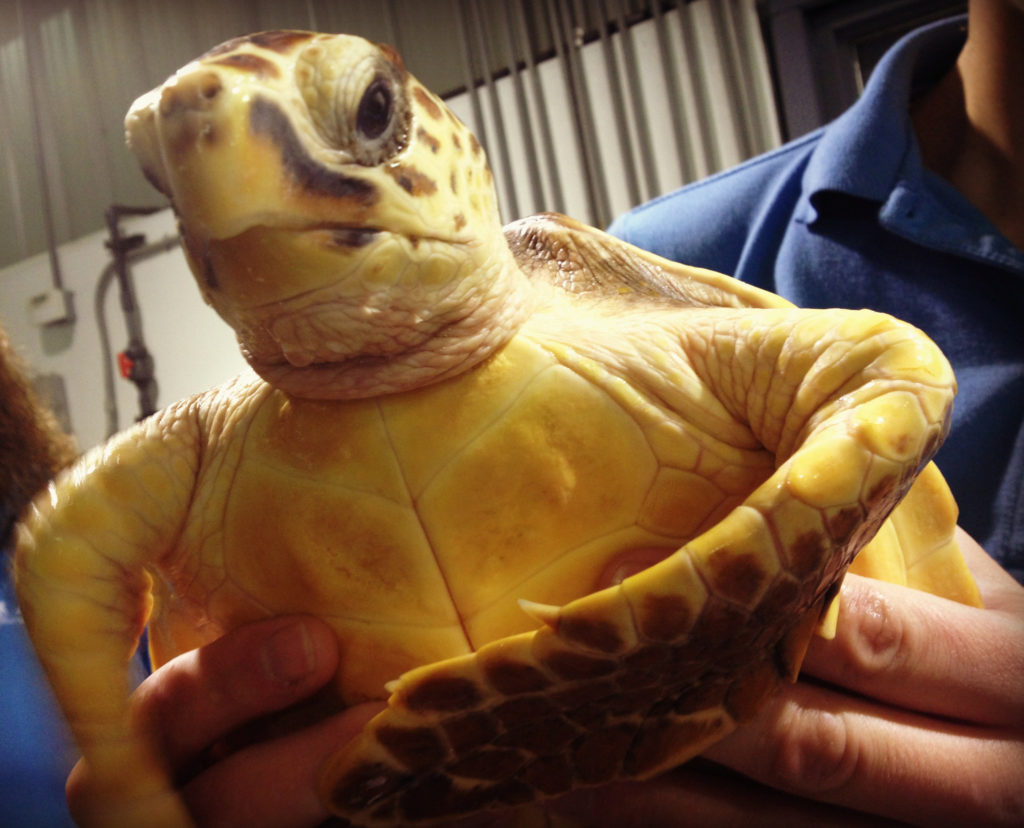Prof. Harvey Carter
Member from 1953 to 1957


At the age of 20, Harvey Carter was an assistant to a group of divers off the coast of Greece. Officially, they acted as sponge divers, but were in fact part of a secret expedition. They were archaeologists looking for Atlantis.The work set for the young Harvey Carter consisted of cranking the pumps for the diver’s oxygen supplies. Grueling work for a young man who would have preferred to perform the underwater research himself.In extracts, taken from a lecture held in 1952 at the University of Oxford, he described his own research career as follows:
I had spent many hours at the pump and dreamed constantly of my own dive. I played with the idea of secretly borrowing the diving equipment by night, but I had no one to pump the air for me. It also seemed to me that the pump mechanics were outdated and dangerous. So, I thought about an air supply that I could use myself under water. After a few weeks of tinkering I managed to build a small pump from a balloon and an accordion which would supply me with several minutes of air. For the preliminary dives this was a good solution, but I knew I had to build a kind of sub-water station if I wanted to be serious about the discovery of Atlantis.
Unfortunately, the records of his plans and inventions break off at this point. What we know is that Harvey Carter finally went diving on his own and in 1901 discovered a watch, which he assigned to the sunken city of Atlantis. At that time he was just 20 years old. Even today, this watch – known as ‘Antikythera’ – is well-known in certain academic circles. Unfortunately, Harvey Carter never officially received any mention within this discovery. Instead, the archaeologists to whom he was then assisting were credited as the finders. The watch, which he found, is a highly sophisticated device.
The technique and method of manufacture went far beyond what we know about the state of science in ancient times. Only Atlases, as Carter was sure, had the ability to create such a technology. Carter searched for Atlantis for the rest of his life and studied intensively Plato’s records on the sunken city. However, at the University of Oxford, he repeatedly came up short. The board of management at the university and the Science Club called him ‘obssessed’ and doubted the validity of his studies. This is probably why so many records have been lost.After all, in 1955 he was asked to leave the university. By this time he had already joined the Adventure Club of Europe and passed on his projects related to the discovery of Atlantis to a trustworthy colleague. Never again would others be credited with his successful discoveries.In retirement Prof. Carter finally finished his underwater research station. The ACE thankfully has access to these plans along with original parts of the station. He also entrusted the Adventure Club of Europe with a project known as ‘T-01’ – a name chosen in honour of his pet turtle. Sadly, it was impossible to decipher exactly what it was contained within. Little is known of where Prof. Carter spent the twilight years of life. We suspect, however, that he continued his search for Atlantis right up until the end of his amazing life and we live in hope that he found it.
In the possession of the Adventure Club of Europe:
Artefacts:
- A movable part of the original ‘Antikythera’ watch
- Construction plans and parts of Carter’s underwater research station



